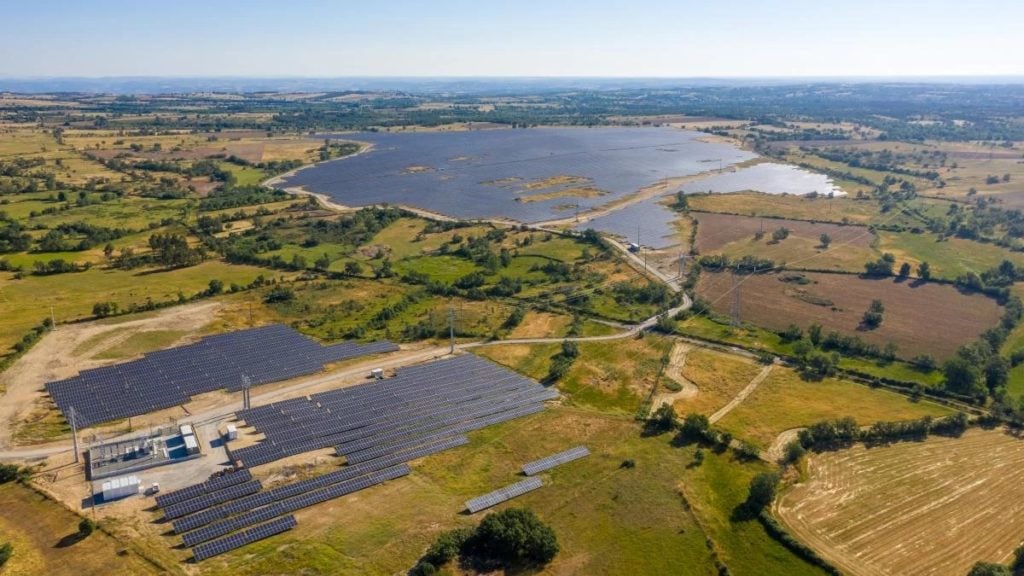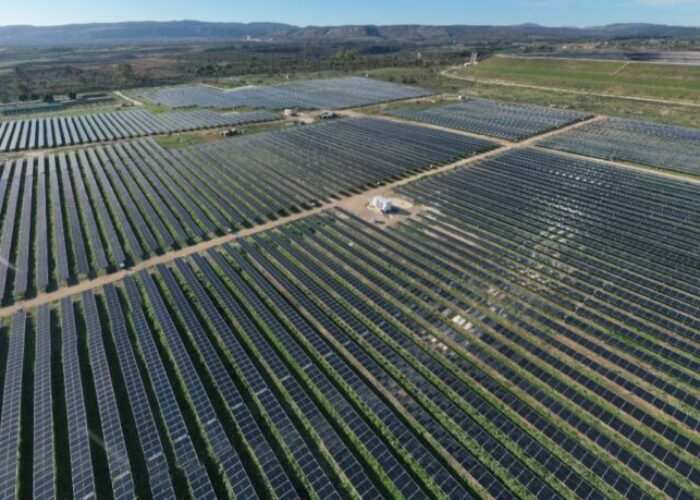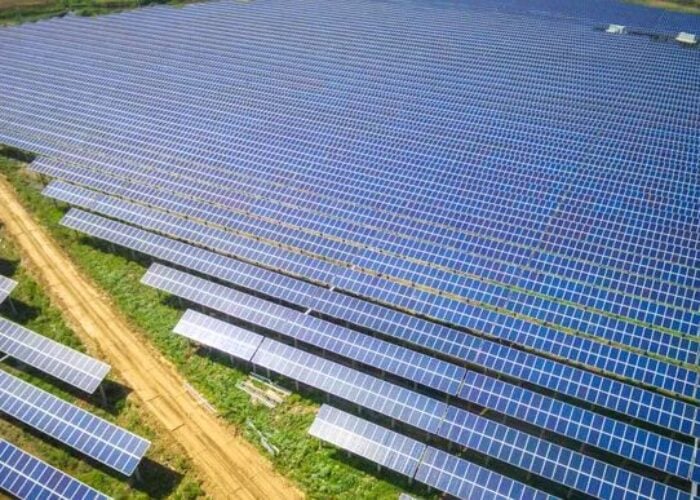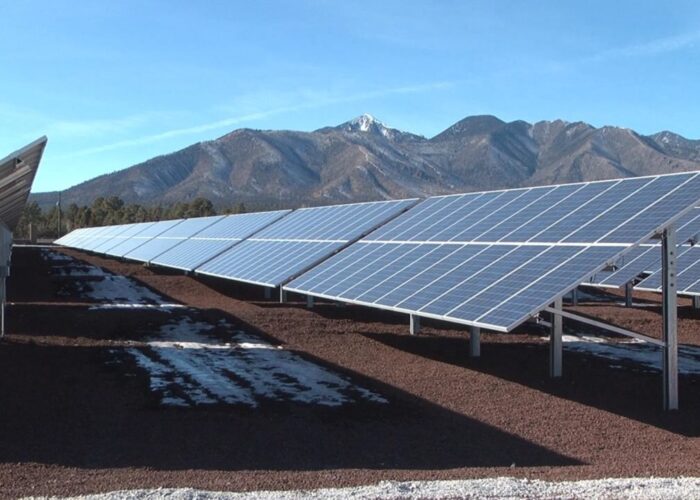
Portugal will aim to increase the share of renewables in electricity production to 80% by 2026, four years earlier than previously planned, its new government announced ahead of the country’s latest solar auction.
The target represents a significant acceleration in decarbonising the country’s power sector; between 2010 and 2022, the share of renewables in electricity production increased from 41% to 58%.
Unlock unlimited access for 12 whole months of distinctive global analysis
Photovoltaics International is now included.
- Regular insight and analysis of the industry’s biggest developments
- In-depth interviews with the industry’s leading figures
- Unlimited digital access to the PV Tech Power journal catalogue
- Unlimited digital access to the Photovoltaics International journal catalogue
- Access to more than 1,000 technical papers
- Discounts on Solar Media’s portfolio of events, in-person and virtual
“Portugal has already taken very significant measures in the energy transition, but the evolution and duration of the war in Ukraine must necessarily imply new measures,” cabinet minister Mariana Vieira da Silva told a news conference, reported Reuters.
Having won a landslide election in January, members of the centre-left Socialist Party were sworn into office last Wednesday, before the new government released its programme on Friday.
Media reports in Portugal suggest bidders will be notified of the auction results on Tuesday, before the final results are published on 19 April.
The government is also set to cut red tape so that some PV plants can be developed faster. Environmental impact assessments for projects with a capacity of under 50MW will no longer be required, according to the country’s secretary of state for energy, João Galamba.
Speaking at the Large Scale Solar event, hosted last week by PV Tech publisher Solar Media, Galamba said a high level of production and consumption of electricity from renewable energy sources “is the best way to guarantee that Portugal won’t be dependent on fossil fuel imports and the best way to have stable and low electricity prices”.
He added: “It has become clear that we need a significant acceleration in the transition from fossil to renewable energy sources in this decade and that solar will continue to play a key role in this process.”
According to figures from trade association SolarPower Europe, Portugal had around 1.5GW of deployed solar as of 2021, a figure the country will aim to increase to at least 9GW by 2030.







